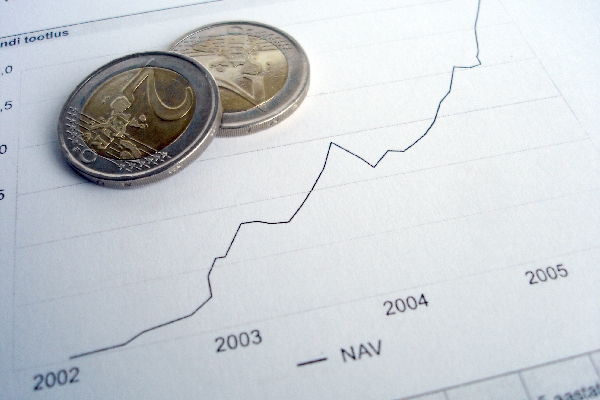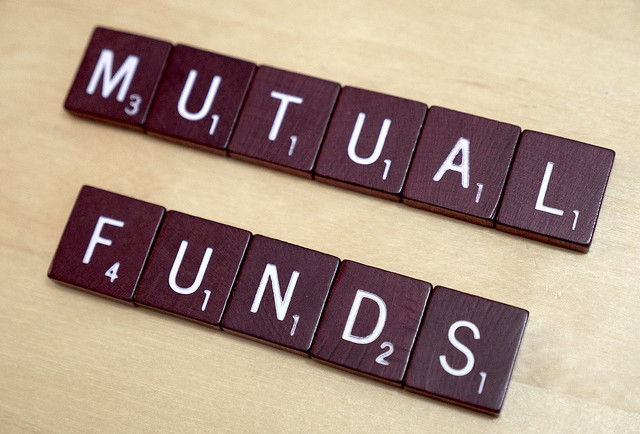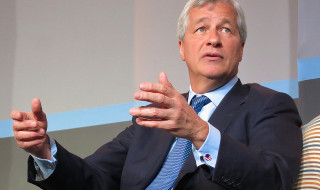Tangled in a financial dilemma? Who will you ask for monetary advice or practical financial tips? If a professional is out of your reach, the next best thing is to read about their nuggets of wisdom.
This is why I collated the best financial advice from three experts. These experts are no other than Suze Orman, Cullen Roche, and Jeanne Kelly. Suze Orman is an American Financial Advisor, Author, Motivational Speaker, and Presenter. Cullen Roche is the Founder of a financial services firm called Orcam Financial Group, LLC. Lastly, Jeanne Kelly is a media acclaimed Credit Coach.
1. TAKE CHANCES
Suze Orman tells us that nobody achieved financial security by being frightened and weak. Being confident in one part of your life is contagious, as it will bring more opportunities to you. You won’t get there unless you try!
2. INVEST MORE IN YOU
Cullen Roche shares that the primary way to financial success is more than just saving. It is by investing more…in you. Since your primary source of income is the person you see in the mirror, a good way to maximize your wealth is to make yourself valuable to other people or other companies.
To be valuable and different from the rest, you must never stop learning. Education that improves your skills so you can adapt to the ever-changing economy. I personally recommend you to start with free Internet education from YouTube’s Khan Academy or Crash Course.
3. BAD CREDIT IS EASY TO AVOID
Jeanne Kelly claims that it is easier to maintain good credit by avoiding bad ones than to rebuild a new credit once it has been declined. She says that a quick way to avoid bad credit is by regularly reviewing the credit reports – at least two times a year. In merely 15 minutes, you can minimize the errors of your credit report and save more money!
4. EQUATION FOR YOUR INCOME
Lastly, Cullen Roche suggests for you to try the 50/30/20 budgeting rule. Spend 50% of your income to the basics or essentials such as rent, food, and utilities. 30% should go on your personal needs such as entertainment, vacation, and leisure. And the 20% left should be allocated to your savings.
Take in their knowledge only if it applies to your situation. Then, fuse the elements together and enrich your life.










